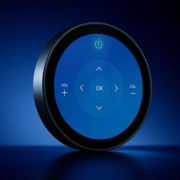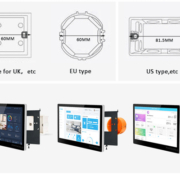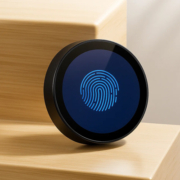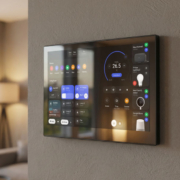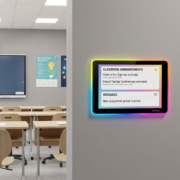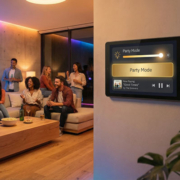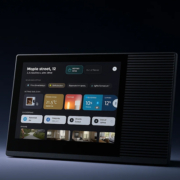How PCBA Design Impacts the Performance of Smart Home Control Panels
In the rapidly growing world of smart home automation, the smart home control panel serves as the brain of the ecosystem—connecting, controlling, and coordinating devices ranging from lights and thermostats to security systems and entertainment hubs. But what determines the speed, reliability, and responsiveness of these panels?
The answer lies deep inside the hardware: the Printed Circuit Board Assembly (PCBA).
This article explores how PCBA design directly influences the functionality, efficiency, and longevity of smart home control panels—and why high-quality PCBA is crucial for building a truly intelligent home experience.
What Is PCBA?
PCBA (Printed Circuit Board Assembly) refers to the complete board after all the electronic components (such as ICs, capacitors, resistors, and connectors) have been mounted on the bare PCB. It acts as the central hardware foundation of any electronic device—including smart home control panels.
A well-designed PCBA:
- Distributes power efficiently
- Ensures signal integrity between components
- Manages thermal dissipation
- Enables modular scalability
- Supports wireless connectivity (Wi-Fi, Zigbee, Bluetooth, etc.)
Why PCBA Design Matters in Smart Home Control Panels
1. Performance & Processing Speed
A smart control panel relies on its microcontroller or processor to execute commands, manage UIs, and handle cloud or local automation tasks. PCBA layout affects:
- Signal routing between the processor, memory, and I/O ports
- Clock speed stability
- Boot time and response latency
A poorly designed PCBA may lead to lags, freezing, or dropped connections in your smart home system.
2. Wireless Communication Stability
Smart home control panels often use:
- Wi-Fi for app and cloud connectivity
- Zigbee/Z-Wave for IoT device communication
- Bluetooth for local pairing or audio
The PCBA must be designed with:
- Proper antenna isolation
- Minimal EMI (electromagnetic interference)
- RF shielding and optimized trace layout
This ensures reliable wireless performance, even in device-dense environments.
3. Thermal Management
Smart control panels may include a CPU, touch display, and other power-hungry components. Without adequate thermal considerations in PCBA design:
- Devices can overheat and degrade faster
- Performance may throttle under load
- Risk of component failure increases
Professional-grade control panels, like those from Portworld, utilize multilayer PCBs with copper planes for efficient heat dissipation.
4. Form Factor & Mounting Compatibility
Modern homeowners want smart panels that are:
- Slim
- Wall-mounted
- Visually integrated into interiors
PCBA size, component orientation, and I/O positioning determine whether the panel can maintain a thin profile without sacrificing functionality.
5. Power Efficiency & PoE Integration
Power-efficient PCBA designs help reduce overall energy usage—critical for always-on devices like control panels. Panels that use PoE (Power over Ethernet) require:
- Isolated DC-DC conversion
- Smart power management ICs
- Surge protection components
Brands like Portworld design PoE-enabled 4-inch and 5-inch smart home control panels with highly optimized PCBA layouts, ensuring safe and efficient power and data transmission via a single Ethernet cable.
Portworld: Engineering Excellence in PCBA for Smart Control Panels
At Portworld, we understand that the user experience of a smart control panel starts with what’s inside. That’s why we provide:
- Custom PCBA development services for smart home manufacturers
- Support for Android-based panels with touchscreens
- Zigbee + Wi-Fi dual-mode communication modules
- Integration of PoE, RS485, and CAN for commercial-grade automation
- Design optimization for 4-inch and 5-inch smart control panels tailored to global clients
Whether you’re looking for cost-effective SKD/CKD solutions or a complete high-end panel with polished firmware, Portworld’s engineering team helps optimize your PCBA for peak performance and long-term reliability.

